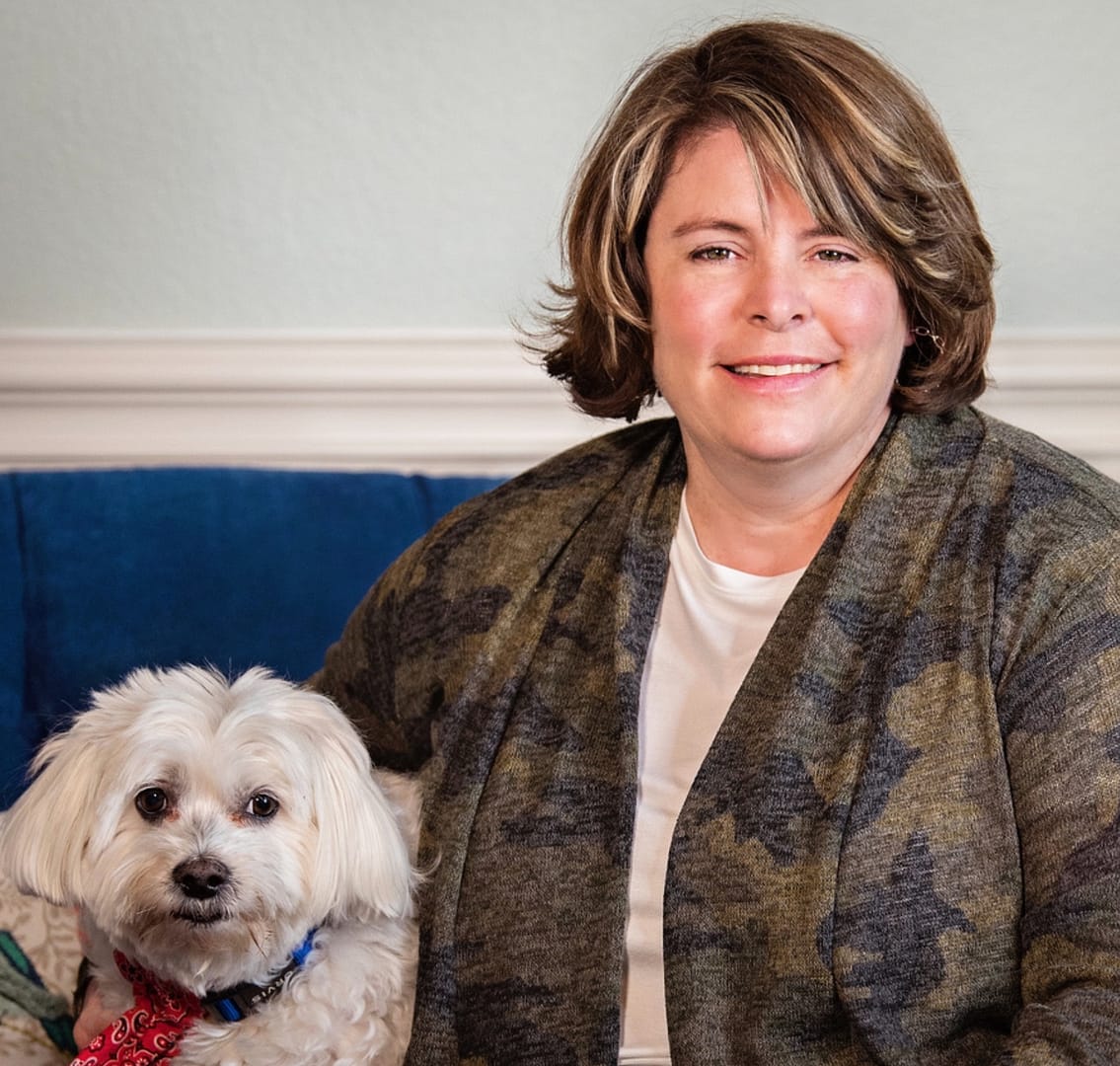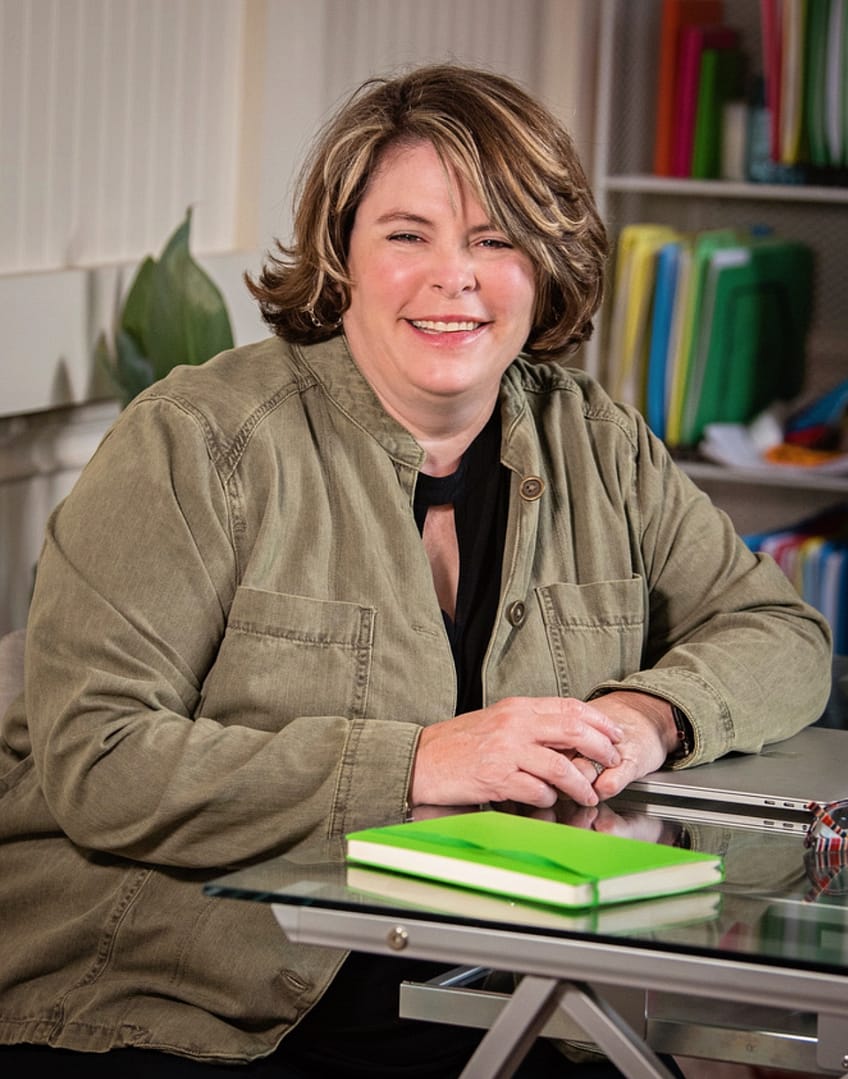Consulting Sessions and Series Offered
Resource Review
During a Resource Review Consultation, we’ll answer questions such as …
When I am waiting for a formal diagnosis? (And do I really need one?)
I am starting to realize the life I envisioned for my child is gone. What I am supposed to do? What kind of reports are there? Who do I share this information with?
When I am devastated by a formal diagnosis?
I paid a lot of money for this formal report, but it makes me want to cry. It feels like the end of the world: mine and my child’s. Clinically, this report is telling me there is no hope. I feel like I am grieving a child who is still alive.
Hey, this process made me realize that maybe I am (or my partner) is neurodivergent. What do I do with that?
Many neurodivergent people reach adulthood without a formal diagnosis. Perhaps they grew up thinking something was terribly wrong with them. They want better for their children, so they seek out help only to discover their child’s actions are just like theirs. What that can feel like for yourself.

“What Do I do When … ?” Series
We’ll answer questions such as:
What gaps do I have in my neurodivergency knowledge?
Feeling stupid feels awful but with neurodiversity this can actually can feel “normal.” It is okay to feel stupid: You can’t possibly know what you don’t know. For a mom, it’s hard to feel this way because we are supposed to be experts about our children.
What big pieces am I missing?
I have this nagging feeling that I am missing something big, and it is negatively impacting my child. I feel guilty and overwhelmed.
What details could I be leaving out?
I feel like I have a good handle on things, but maybe I am too close to the situation to know if I am missing some important detail.
“How Do I …” Series
We’ll answer questions such as:
How do I navigate the process for finding the best learning environment for my child?
We look explore all different types of learning communities, and we find the right environment that aligns with your values.
How do I handle struggles with family that live beyond My Household?
Our family means well, but they don’t always know well. These relationships can get messy so quickly. We often have to help them shift their own expectations from simplistic view to embracing the complexity that is neurodiversity.
How do I find an affirming Faith Based Community?
A place of worship should feel safe, but often it is not. What can we do about that?

Living with Discomfort
We’ll answer questions such as:
What should I do when I think thoughts like "I can’t do this anymore" or "I don’t think I like my child"?
We often think these things, but we cannot say them out loud to anyone. I found a 3-letter word that makes a huge difference the difference in my neurodivergent household.
How do I handle my own pain and not take their behavior so personally?
It is so hard to be on the receiving end of hurtful words and negative behavior from our dysregulated children. We learn to not take their behavior personally. It is part of developing healthy ways to handle the complexity of these relationships.